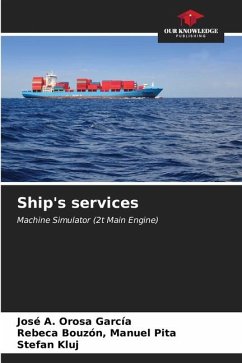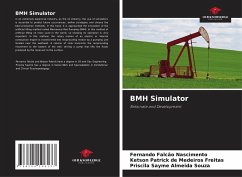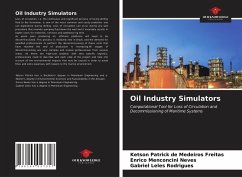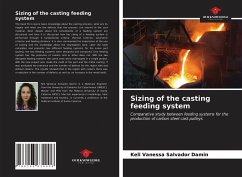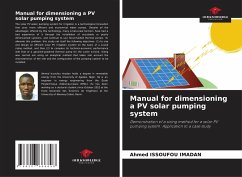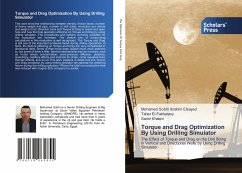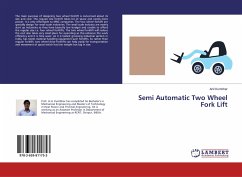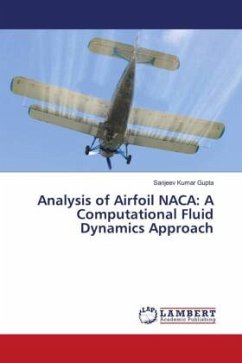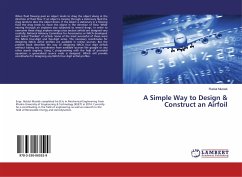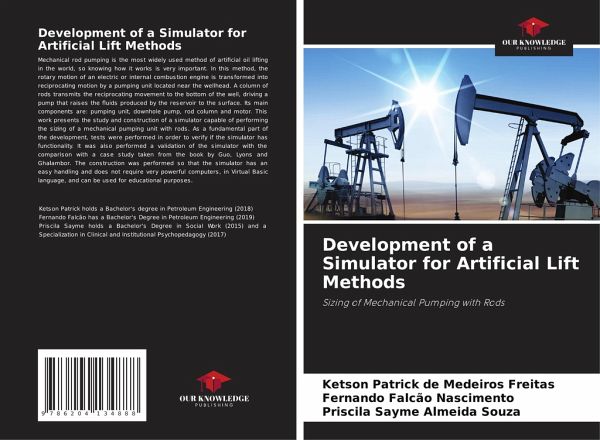
Development of a Simulator for Artificial Lift Methods
Sizing of Mechanical Pumping with Rods
Versandkostenfrei!
Versandfertig in 6-10 Tagen
27,99 €
inkl. MwSt.

PAYBACK Punkte
14 °P sammeln!
Mechanical rod pumping is the most widely used method of artificial oil lifting in the world, so knowing how it works is very important. In this method, the rotary motion of an electric or internal combustion engine is transformed into reciprocating motion by a pumping unit located near the wellhead. A column of rods transmits the reciprocating movement to the bottom of the well, driving a pump that raises the fluids produced by the reservoir to the surface. Its main components are: pumping unit, downhole pump, rod column and motor. This work presents the study and construction of a simulator ...
Mechanical rod pumping is the most widely used method of artificial oil lifting in the world, so knowing how it works is very important. In this method, the rotary motion of an electric or internal combustion engine is transformed into reciprocating motion by a pumping unit located near the wellhead. A column of rods transmits the reciprocating movement to the bottom of the well, driving a pump that raises the fluids produced by the reservoir to the surface. Its main components are: pumping unit, downhole pump, rod column and motor. This work presents the study and construction of a simulator capable of performing the sizing of a mechanical pumping unit with rods. As a fundamental part of the development, tests were performed in order to verify if the simulator has functionality. It was also performed a validation of the simulator with the comparison with a case study taken from the book by Guo, Lyons and Ghalambor. The construction was performed so that the simulator has an easyhandling and does not require very powerful computers, in Virtual Basic language, and can be used for educational purposes.



